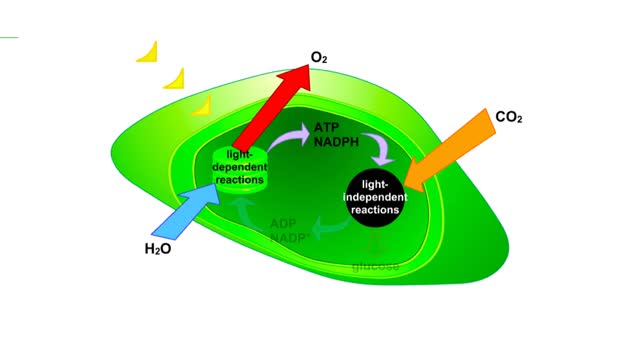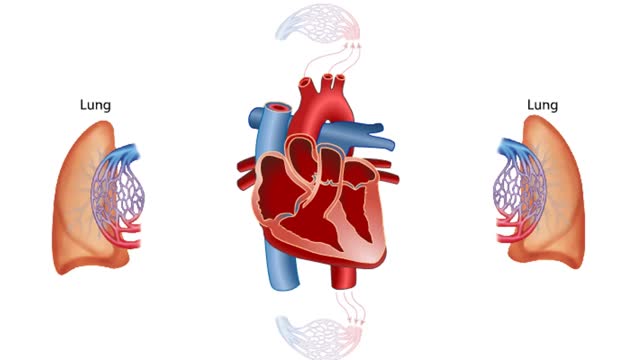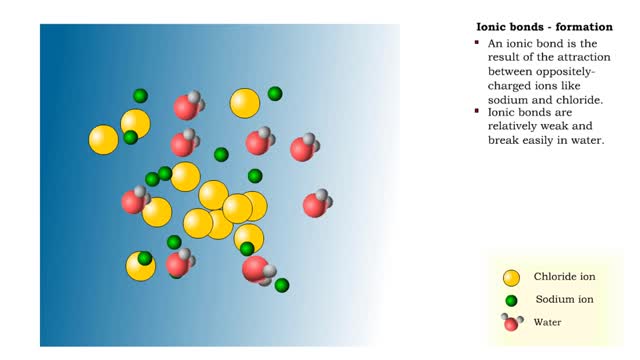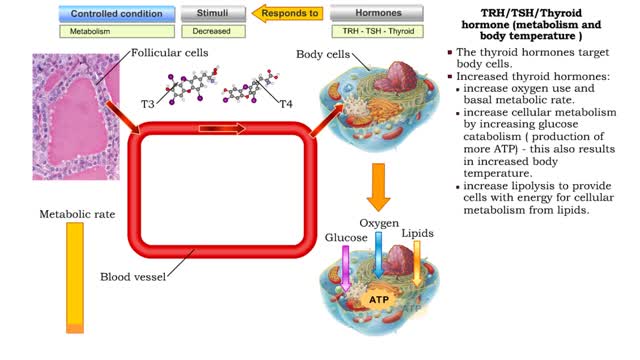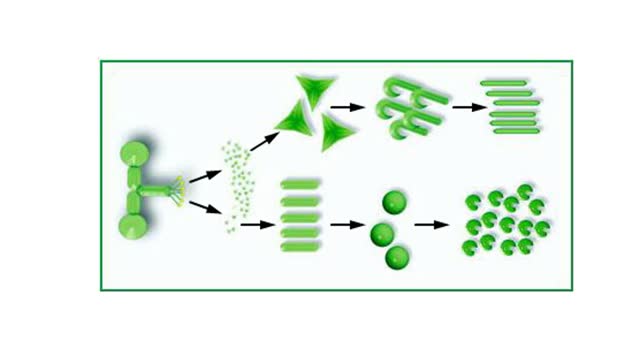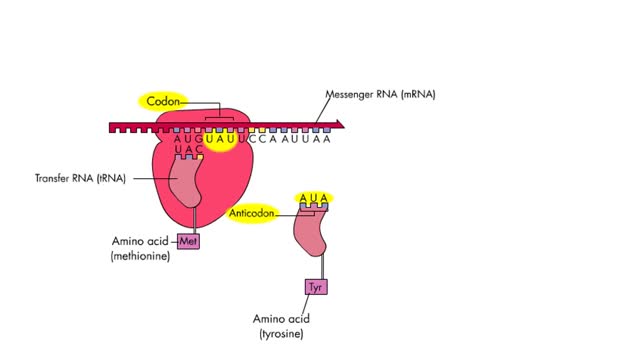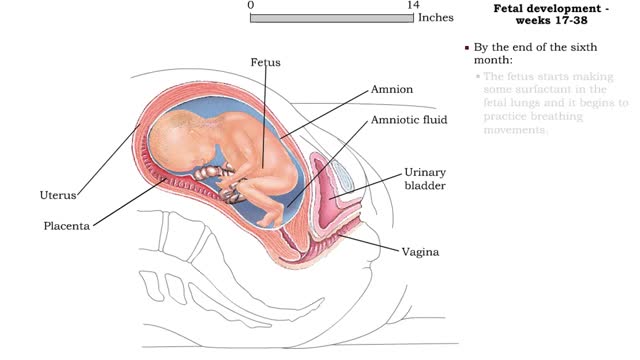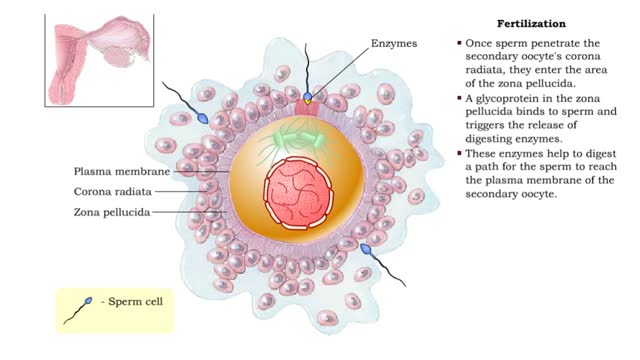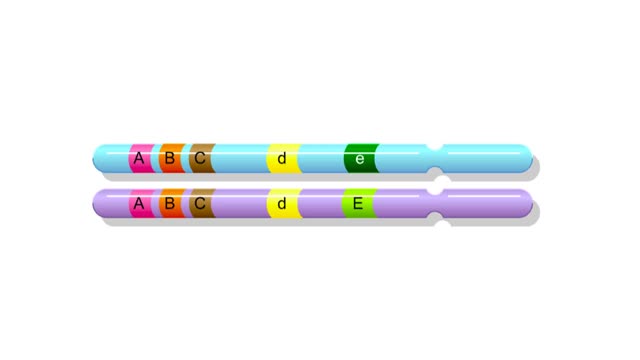Search Results
Results for: 'Body plan of euglena Animation'
Photosynthesis overview Animation
By: HWC, Views: 4492
Illustration of the interrelationships of the light-dependent and light-independent reactions of photosynthesis. The light-dependent reactions split water, and produce ATP and NADPH. Oxygen is a by-product of these reactions. ATP and NADPH, together with carbon dioxide, are reactants in ...
Blood Flow through the Human Heart
By: HWC, Views: 10334
The heart is the pump of the human circulatory system. The left side of the heart has two connected chambers, the left atrium and the left ventricle. The right side of the heart also has two connected chambers, the right atrium and the right ventricle. These two sides, or pumps, of the heart are ...
Ionic bonds - role of ions in the body
By: HWC, Views: 10711
Ions • Atoms fill up the outer orbital by transferring electrons from one atom to another. • Atoms now bear a charge and are called ions. • Sodium ion, losing an electron, has a +1 charge. • Chlorine ion, gaining an electron, has a -1 charge. Formation • An ionic bond is t...
By: HWC, Views: 10023
Thyroid hormone production • A decline in metabolic rate caused by increased metabolic need or physical exertion stimulates the production of thyrotropin hormone releasing (TRH) hormone from the cells of the hypothalamus. • Thyrotropin hormone releasing hormone targets the thyrotrophic ce...
By: HWC, Views: 7289
Formation of membrane attack complexes. Complement proteins can activate when they bind to antibodies that are bound to a pathogen. Complement proteins also activate when they bind directly to bacterial surfaces. Cascading reactions yield huge numbers of different types of complement protei...
The 4 steps of translation Animation
By: HWC, Views: 6308
Translation is the process of formation of a polypeptide chain according to codon present in mRNA. The four steps of translation are: Activation or charging of tRNA Initiation – recognition of start codon, binding of ribosomal subunits to mRNA and formation of initiation complex with Met-tR...
Fetal development - Weeks 9 to 38
By: HWC, Views: 10663
Weeks 9-12 • Fetal development during the third month includes: • A large head, about 1/2 the length of the fetus. • Visible eyes and ears. • A detectable heartbeat. • Kidneys that form urine. • Gender identification. • Weak, undetectable body movements. • By the e...
By: HWC, Views: 10854
• Fertilization is the process by which the two gametes from the parents fuse their genetic material to form a new individual (zygote). • Fertilization requires that sperm cells swimming through the uterine tube contact a secondary oocyte. • Once sperm penetrate the secondary oocyte's ...
By: HWC, Views: 5006
Diploid organisms have pairs of genes, on pairs of homologous chromosomes. Each gene has a specific location on the chromosome. We call this the gene's locus. In this species, the locus for gene B is always between the loci for genes A and C. Most genes come in two or more slightly differen...
Advertisement



